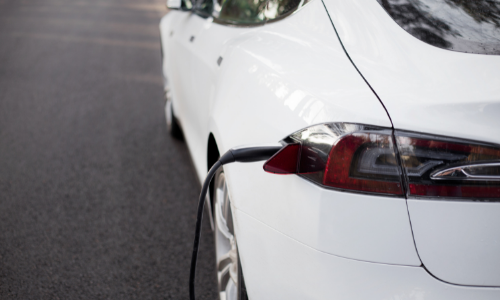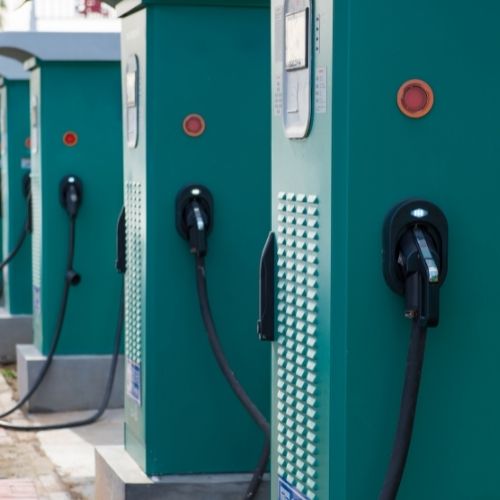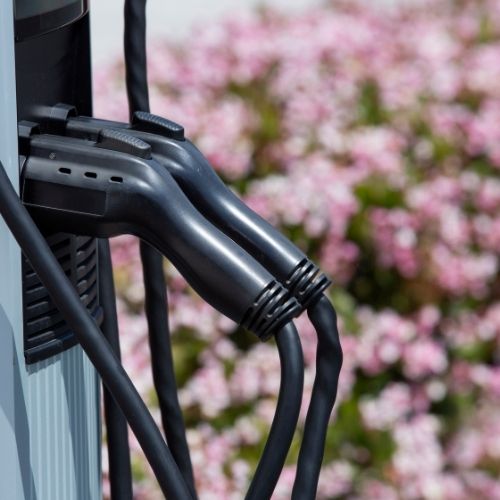EV Charging Systems
2021 has proven to be the start of a decade unlike any other, with more global green consciousness & environmentally friendly initiatives. Due to the shift in awareness, the demand for green technology, especially in the automotive industry, has increased tenfold.
However, there are many issues that surround the implementation of such technology – there are obvious economical, societal, and infrastructural factors at play.
On the topic of Electric Vehicles (EV’s), there exists a massive shift in demand for EV’s & EV Charging Systems. In Canada alone, the number of EV Charging stations has grown at an average rate of 46% annually for the past 5 years.
How to get your EV Charging Systems to the Market?
In order to get your EV Charging Stations and Components to your specific market you’ll need to:
- Meet Safety requirements – Safety testing focuses on the safety of people and property, with particular attention to: is the product going to cause harm to people or damage to property?
- Meet Performance requirements – Performance requirements focus is on how efficient the product is, how fast the system can charge the vehicle, and how much energy is used and/or wasted.
Keep in mind, requirements will differ from country to country, as set-out by the local regulatory bodies. Managing these expectations & requirements may prove to be overwhelming.
This is where we, at LabTest Certification, can provide assistance with the full process, whether it be testing your systems to the main published standards, such as CSA, UL, EN, BS, IEC, AS/NZ, and more, or simply help your team to better understand the requirements within each standard.
What product are you looking to certify?
- EV Batteries
- Charging Stations batteries
- Commercial and Residential Charging Stations
- Cables and Plugs
- Connectors/Adapters
- On-Board Chargers
- AC Supply Equipment
- DC Fast Chargers
- and more.

As of 2020, nearly 1.8 million EVs were registered in the U.S., more than three times as many as in 2016, according to the International Energy Agency (IEA). They come in three broad categories. All-electric vehicles (also called battery-electric vehicles) have been the fastest-growing category: The total number of such vehicles registered in the U.S. has soared from fewer than 300,000 in 2016 to more than 1.1 million last year.
Looking for EV Charging Systems certifications?
We can Test, Inspect, and Certify your products for compliance for global market access.
LabTest offers different testing services for EV Charging Stations/Components.
LabTest offers different testing services for EV Charging Stations/Components.
Why LabTest Certifications?
LabTest Certification Inc. is an accredited Certification Body (ISO 17065), Testing Laboratory (ISO 17025), Inspection Body (ISO 17020), and Notified Body accredited by national and international accreditation bodies (ILAC and IAF Signatory Members), such as Standards Council of Canada (SCC), International Accreditation Services (IAS), ANSI-ASQ National Accreditation Board (ANAB), and also recognized as an IECEx scheme member. View All Accreditations Here

As the demand for EV Charging Stations rapidly increases, more standards continue to be developed in North America and globally to include all of the components that make up the systems to ensure that all of the safety requirements are met.
Have questions about standards for EV Charging Stations and Components?




